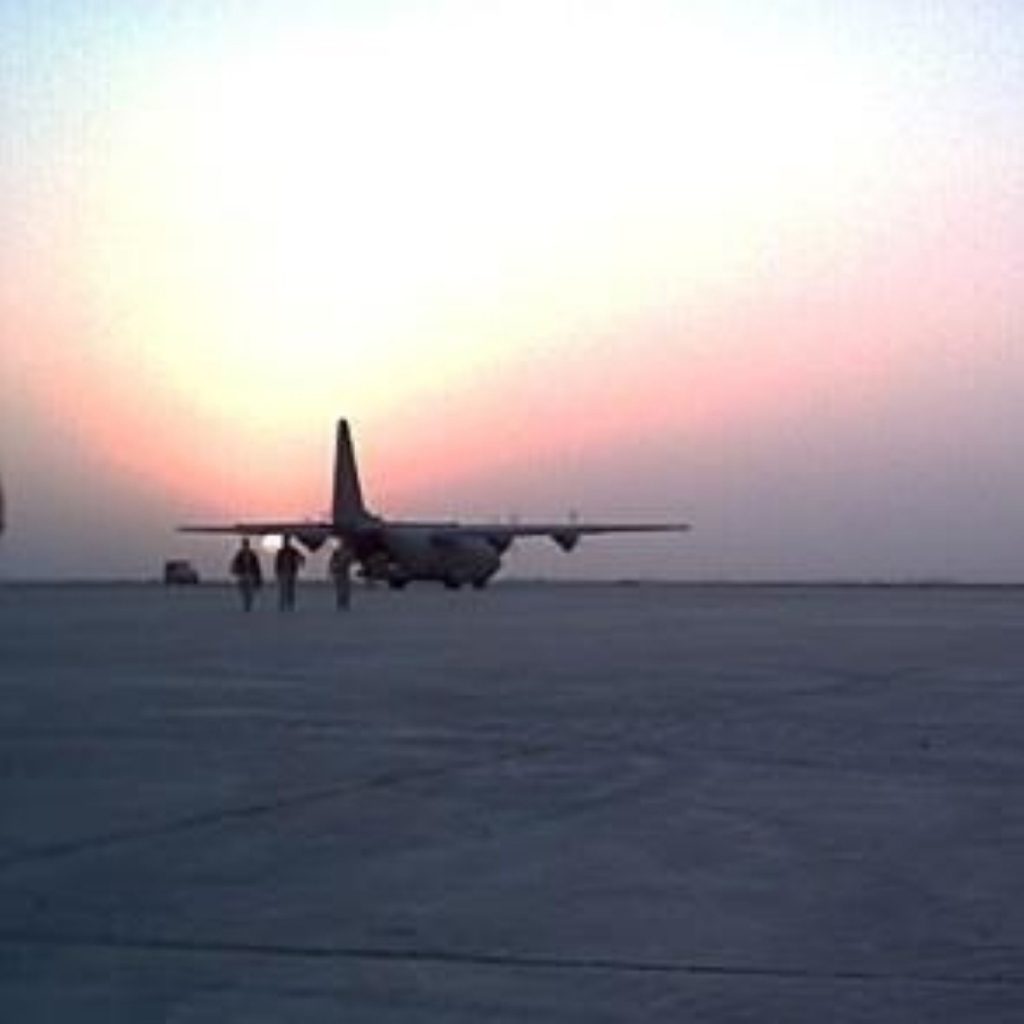Hercules “tragedy” raises serious questions, MP warns
The government must answer serious questions about the circumstances surrounding the death of ten servicemen in a Hercules air crash in Iraq three years ago, an MP has said.
James Gray, the Conservative North Wiltshire MP for RAF Lyneham and many of those who died, said he was “deeply concerned” by elements of Wiltshire coroner David Masters’ verdict on the crash.
Mr Masters condemned the MoD’s decision to remove explosion suppressant foam (ESF) from Hercules planes in 2002. He had earlier criticised army chiefs for shredding documents after the ESF revelation only emerged through a data trawl when the inquest was adjourned in the summer.
“I believe that the ability to retrieve and view documents that record key decisions as not just important, but essential – equally important is the rationale behind them,” Mr Masters said.


Mr Gray said the failure was an “appalling tragedy” and that ministers “must now answer” why the 2002 report was not followed.
He also lamented the failure of US and UK intelligence to liaise about enemy activity in the area. The incident was a result of enemy insurgent gunfire, the coroner said.
Mr Gray said it was “hard to credit” that the US had “prevented their people giving what could have been crucial evidence to the inquest”. He said this and the shredding of important RAF documents were “quite unacceptable”.
Nine RAF personnel and one soldier died in the January 30th 2005 crash, which took place north of Baghdad.
RAF 47 Squadron’s Flight Lieutenant David Stead, the pilot, 35; Flight Lieutenant Andrew Smith, 25, the co-pilot; Master Engineer Gary Nicholson, 42; Flight Sergeant Mark Gibson, 34; Australian airman Flight Lieutenant Paul Pardoel, 35, died in the crash, as well as Chief Technician Richard Brown, 40; Sergeant Robert O’Connor, 38; and Corporal David Williams, 37.
Acting Lance Corpiral Steven Jones, 25, of Fareham, Hampshire, a Royal Signals soldier, was also part of the crew.

